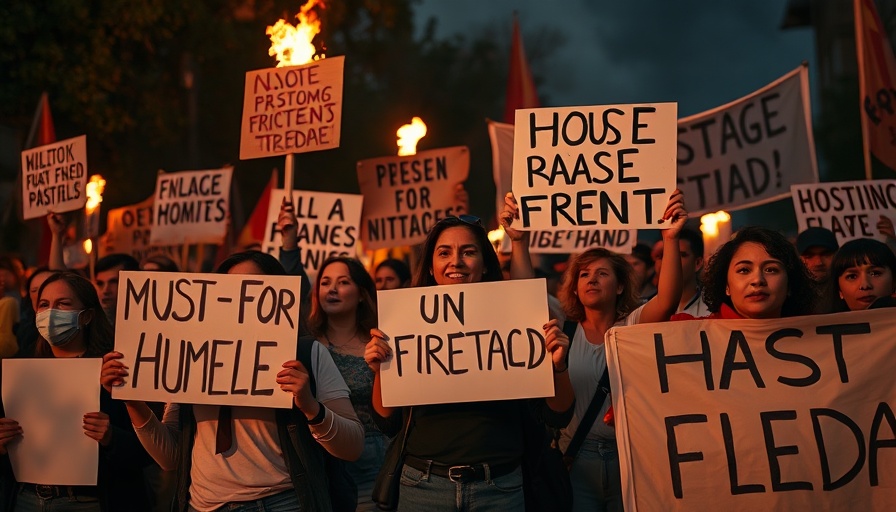
A Historic Conviction: War Crimes in Finland
In a landmark ruling on March 14, 2024, Finnish courts sentenced Voislav Torden, a former commander of the far-right Rusich paramilitary group, to life imprisonment for war crimes committed during the conflict in Ukraine. This unprecedented judgment marks not only a significant moment in Finnish justice but also a pivotal step in addressing international war crimes.
Understanding the Charges: What Happened in Luhansk?
Torden was charged with several serious offenses related to a brutal ambush on Ukrainian soldiers in September 2014. The attack resulted in the death of one soldier and left another mutilated, a grim testament to the atrocities that took place. While the court acquitted him on more extensive charges, including responsibility for the deaths of 21 other soldiers, his guilt on several counts illustrates the seriousness of his actions.
Connections to Global Violence: The Role of Rusich
Rusich is no ordinary paramilitary group; it is linked heavily to the Wagner group and has been involved in numerous violent confrontations in Ukraine. The use of neo-Nazi symbolism within their ranks speaks volumes about the ideological underpinnings of this organization, raising alarms over the radicalization of paramilitary forces involved in international conflict.
The Significance of Universal Jurisdiction
Finland's application of universal jurisdiction allowed the courts to prosecute Torden for crimes committed outside its territory. This principle demonstrates Finland's commitment to addressing war crimes on a global scale, setting a precedent for future cases involving international humanitarian laws. Such rulings are critical in the ongoing quest for accountability and justice in war-torn regions.
Public Reaction and Future Implications
The conviction has elicited a range of responses from various sectors, including legal experts, human rights activists, and members of the international community. Many view this ruling as a call to action against impunity for war crimes. As more nations recognize their responsibility to prosecute such acts, we may witness a change in how international conflicts are managed.
Looking Ahead: War Crimes and Justice
As the Ukrainian conflict continues, the enforcement of legal consequences for war crimes remains a crucial topic of debate. Finland's historic judgment against Torden not only serves as a cautionary tale for other combatants but also as a vital reminder that no one is above the law. The world will be watching as this case unfolds, particularly as Torden plans to appeal the ruling.
This case underscores the importance of international cooperation in holding individuals accountable for war crimes and promoting global peace. Legal professionals, human rights activists, and citizens alike must remain vigilant and engaged in these discussions to ensure that history does not repeat itself.
 Add Row
Add Row  Add Element
Add Element 



Write A Comment